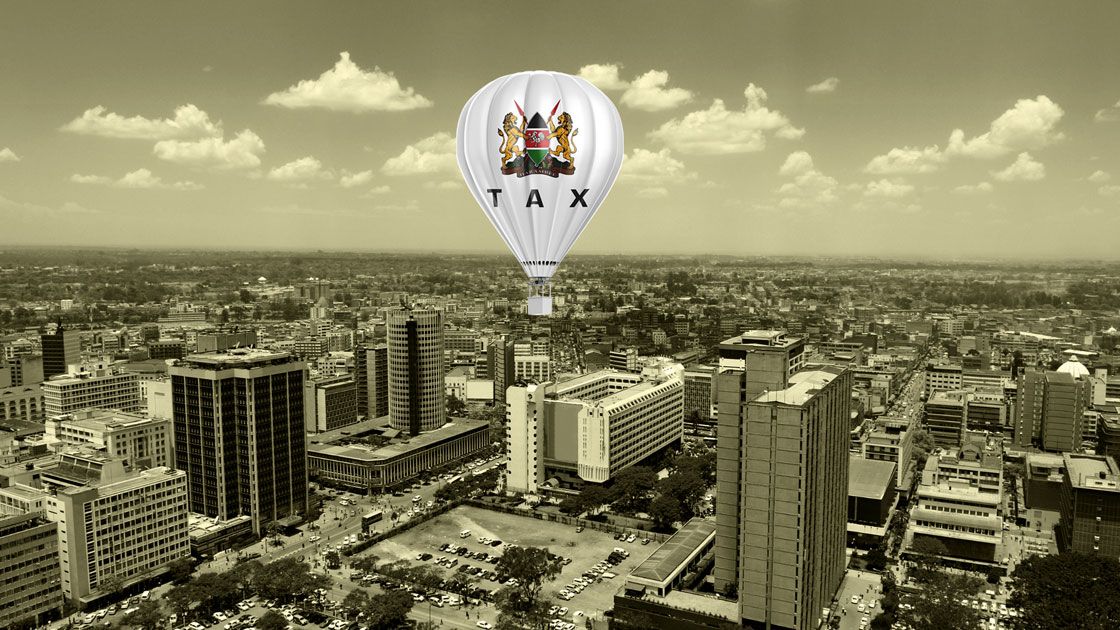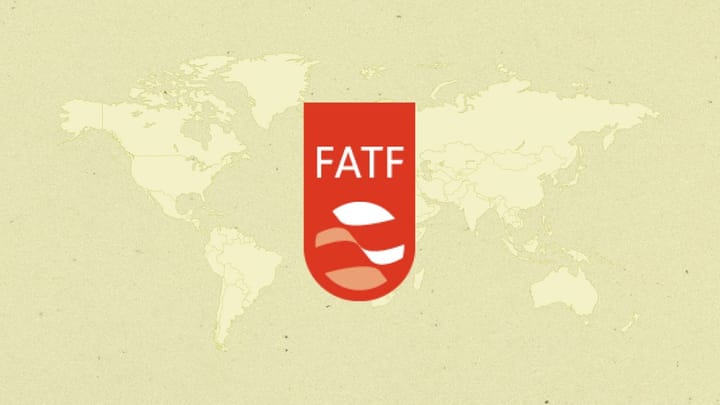Q&A: Blockchain Association of Kenya offers a breakdown of proposed tax bills
Kenya has proposed at least three crypto-related tax bills over the past year — two since April 2023. Here’s what these proposals mean for you.

Keyan legislators have been active in the cryptocurrency space over the past few months, proposing legislation to tax the nascent industry.
- In April, lawmakers proposed an amendment to the country’s Capital Market Law, which would require exchanges to pay a 1.5% duty on every successful transaction they facilitate.
- In addition, Bloomberg reported on May 4 that “Kenya’s government plans to introduce a 3% tax on digital assets for the coming budget year as other sources of funding prove expensive or inaccessible.”
- These come after a 2022 proposal to tax crypto users.
Mariblock sent some questions to the folks at the Blockchain Association of Kenya (BAK) to make sense of the proposals. What follows are BAK’s responses — lightly edited for clarity and length.
Mariblock: What are your overall thoughts on the proposed bills to tax crypto users and companies?
BAK: The proposed tax legislation in Kenya seeks to introduce new taxation policies that impact the trading and exchange of cryptocurrencies. Here are the different categories.
Income tax
- Under the proposed Capital Markets Amendment Bill 2023, crypto traders must pay income tax (calculated based on their tax band for income or trade profits generated).
Capital Gains Tax
- Capital gains tax of 15% of the net gains the traders realize.
- These proposed changes will have significant implications for crypto traders in Kenya and require careful consideration of their tax obligations.
Value added tax
- The Value Added Tax (Electronic, Internet and Digital Marketplace Supply) Regulations, 2023, seeks to impose a 16% VAT on the facilitation of online payments or exchange of digital assets, which includes cryptocurrency exchanges.
- Therefore, exchanges must remit 16% of transaction costs as VAT for the exchange services provided.
Digital asset tax
Class A
Topline: The Finance Bill 2023 proposes to introduce a new digital service tax at the rate of 3%.
- The digital asset tax will apply to income derived from transferring or exchanging digital assets.
- Digital assets are defined to include anything of value that is not tangible, and cryptocurrencies, token codes, and numbers held in digital form and generated through cryptographic means or otherwise, providing a digital representation of value exchanged with or without consideration that can be transferred, stored, or exchanged electronically.
Class B
Topline: Exchanges and DeFi platforms have been subject to a DST of 1.5% levy on digital services.
- However, the Kenyan President, William Ruto, recently indicated an intention to scrap off the DST and adopt a global framework on taxing multinationals by the Organization for Economic Cooperation and Development (OECD) that will be implemented in 2024.
Mariblock: Thanks for the breakdown. But what are your thoughts on these proposed taxes?
BAK: We at the Blockchain Association of Kenya (BAK) observe that the proposed taxation of cryptocurrencies in Kenya has the potential to bring about a level of legal recognition and validity to the industry, which has been perceived as a scam for a long time.
- Despite the tax liability on traders and exchanges, this recognition affirms the credibility of cryptocurrencies, opening doors to more opportunities in the industry.
Mariblock: Interesting perspective. So, in your view, what’s required for successful implementation?
BAK: Successfully implementing the proposed crypto taxes in Kenya will depend on establishing transparent and reliable institutions and offices.
- The government must develop a comprehensive and nuanced framework that fully comprehends the diverse use cases of cryptocurrencies. There are multiple currencies and tokens, each with unique characteristics and applications.
- Taxing them all under a single umbrella could lead to confusion.
- It’s crucial to engage industry stakeholders such as BAK to understand the various applications and intricacies of cryptocurrencies.
- Such an engagement will foster an open and collaborative dialogue to help identify and address potential community concerns regarding the proposed legislation.
Mariblock: Do you find the apparent lack of synchrony between the Central Bank of Kenya (CBK) and legislators confusing? The CBK doesn’t want banks to deal with crypto, but the legislators want to introduce crypto taxes.
BAK: This is not unique to Kenya only. Crypto is inherently difficult to understand without having taken the time to study it, and as such, the perceived confusion globally by all regulators and legislative bodies.
- We, therefore, offer ourselves to the government bodies to bridge the knowledge gap so that they are able to perform their duties effectively.
Mariblock: But how would the proposed tax be enforced if crypto isn’t natively connected to the financial system?
BAK: Certainly, enforcement efforts will require the cooperation and support of various government agencies, including the CBK, which might have had reservations about cryptocurrencies.
- These new bills may compel them to become more accommodative and open to exploring the potential benefits of the industry.
Mariblock: You may have read that last year's proposed crypto trader tax bill included an “excise-type tax” of 20% on commissions crypto companies charge. How does this differ from the latest proposed 1.5% bill?
BAK: The proposed excise-type tax of 20% on commissions would have levied a significant tax burden on traders and exchanges for every transaction.
- This type of tax is often imposed on specific goods or services, such as tobacco or alcohol, rather than on income or profits.
- In contrast, the latest proposed DST of 1.5% is a levy on digital services, including those provided by crypto exchanges. It is intended to ensure that revenue generated from such services is subject to taxation.
- This proposed tax is more comparable to a value-added tax (VAT), which is levied on the value added at each stage of the supply chain, rather than a transaction tax like the earlier proposed excise-type tax.
- However, we reiterate our observations above that the DST of 1.5% is about to be phased out, and exchanges will be subject to 16% VAT under the Value Added Tax (Electronic, Internet and Digital Marketplace Supply) Regulations, 2023.
Mariblock: Are there any concerns that over-taxation could stifle Kenya’s crypto industry's growth, especially if both taxes stand?
BAK: Yes and no.
- Recall we said crypto traders would be required to pay income tax and a capital gains tax of 15% of the net gains the traders realize. These proposed changes will have significant implications for crypto traders, and they are, of course, not very amused by these proposals.
- On the other hand, heavily taxing commissions will eat into the margins generated from exchanges. However, as an upcoming trend, exchanges are moving towards a zero-fee regime, rendering any taxes irrelevant.
- Regarding industry growth, we have already indicated above that the proposed taxation of cryptocurrencies in Kenya could offer significant legal recognition and validation to an industry that has been dogged by skepticism and perceived as fraudulent for some time.
- The introduction of tax liability for traders and exchanges could serve as an endorsement of the credibility of cryptocurrencies, which could, in turn, foster greater institutional trust in the industry. Ultimately, this could open up doors to new opportunities and stimulate growth in the sector.



